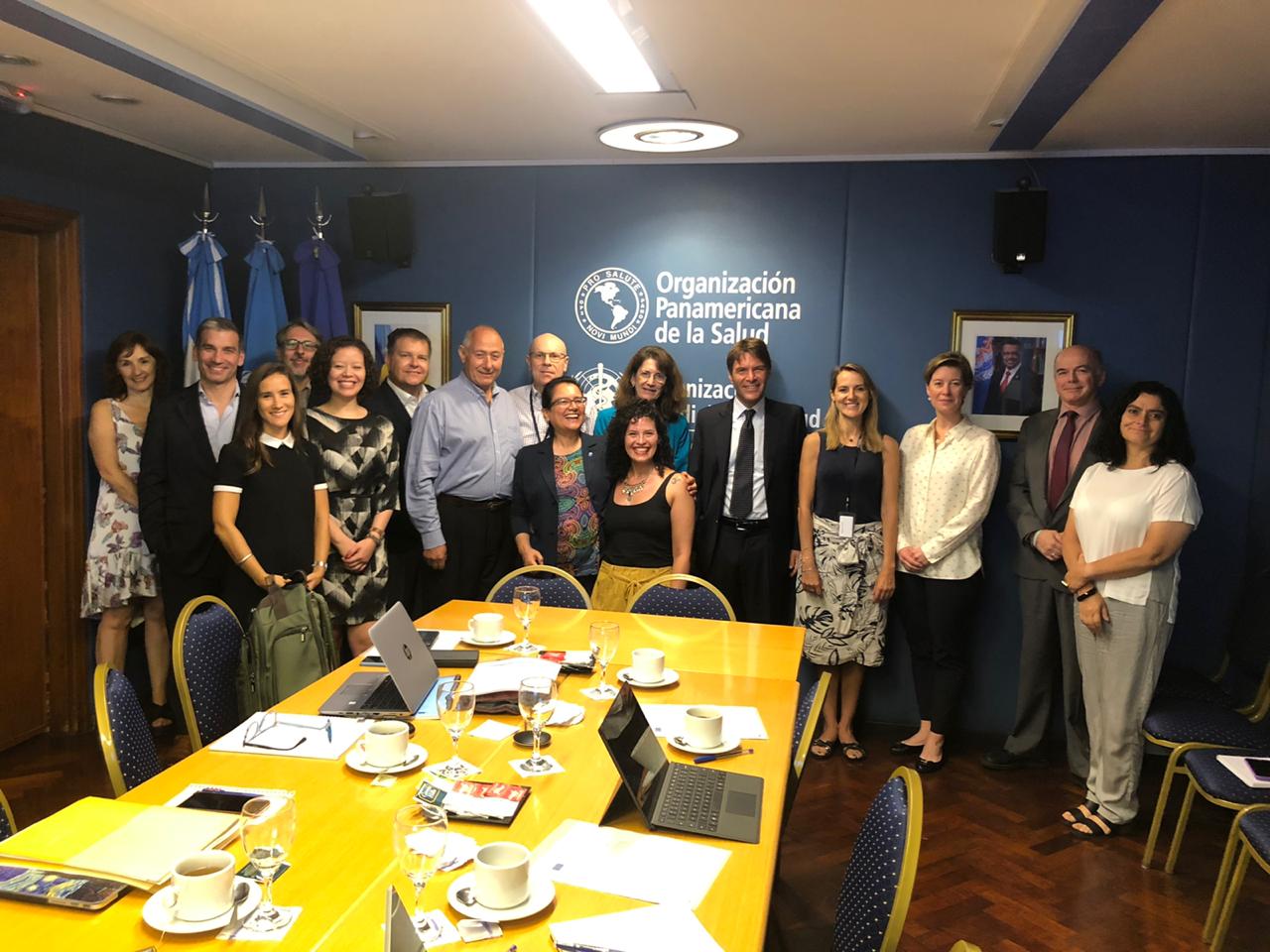Since 2010, when the Tripartite Alliance was established, the OIE has been working in close collaboration with FAO and WHO to prevent, detect, control and eliminate health threats at the human-animal-environmental interface, including antimicrobial resistance (AMR).
The Tripartite agreed to support the continued implementation of the Global Action Plan on AMR; assisting countries to strengthen national and regional human health, animal health and food safety services. For the last 3 years on its own Initiative, the Americas’ Region, has been keeping monthly meetings on AMR; also including other Regional Organizations such as SG-CAN, CVP, IICA and OIRSA in order to promote transparency and strengthen actions in the fight against antimicrobial resistance.
In June 2017, the European Union restated its commitment to address AMR with the “European Health Action Plan on Antimicrobial Resistance”. This Action Plan includes different projects under the title: EU Project ‘Working together to fight AMR’. The three international organizations, OIE, FAO and PAHO-PANAFTOSA, will jointly manage the project in the Americas’ Region, led by PAHO.
In Buenos Aires, Argentina, from March 3 to 5, 2020, the first meeting of the project took place, where the Delegation of the European Union in Argentina participated in the opening ceremony. The three-year project coordinated by the Regional Tripartite will contribute to the implementation of the National Action Plans against AMR in collaboration with seven Latin American countries: Argentina, Brazil, Chile, Colombia, Paraguay, Peru and Uruguay.
The meeting focused on the first activity of the project to generate situation analysis reports for each of the participating countries. These reports will describe the baseline of AMR governance structures and cross-sectoral mitigation, as well as the status of development and implementation of the AMR National Action Plans in the EU project countries, to assist the national authorities in setting priorities for AMR activities and interventions to be incorporated into the country-specific
